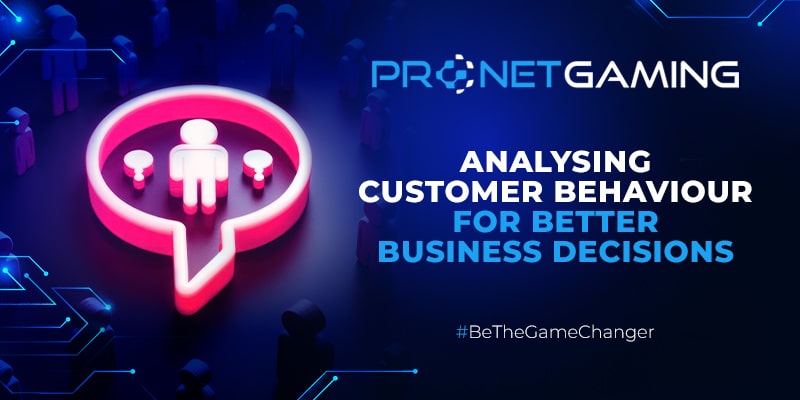The intersection of international tax regulations and online gaming can be complex and challenging to navigate. As the iGaming industry continues to expand globally, understanding and complying with international tax laws becomes increasingly crucial for operators and stakeholders. This article explores key considerations and strategies for managing tax compliance in the iGaming business across different territories.
Understanding the global landscape of iGaming
iGaming, which encompasses online casinos, sports betting, poker, and other forms of online gaming, operates in a global marketplace. Each district imposes its own regulations and tax requirements on iGaming operators. For finance heads and accountants of these companies, this means adhering to a set of laws that can vary significantly from one territory to another—which can be very tricky.
Key challenges in international tax compliance
- Variation in tax rates and structures: Different countries apply varying tax rates on iGaming revenue, profits, or player stakes. Some authorities tax gross gaming revenue (GGR), while others tax net profits.
- Licensing and regulatory requirements: Tax compliance is closely tied to licensing and regulatory obligations. Operators must often obtain licenses in each area they operate, each with its own tax implications.
- Permanent establishment risks: Establishing a land-based presence or significant operations in a jurisdiction can trigger tax obligations, even if the operator is based elsewhere.
- Transfer pricing and royalties: Transactions involving intellectual property, software licenses, and royalties can raise transfer pricing issues, requiring careful documentation and compliance with international standards.
Strategies for effective tax compliance
- Jurisdictional analysis: Begin by conducting a thorough analysis of the tax regulations in each area where your iGaming operations are active. Engage with local tax advisors who have expertise in both iGaming and international tax law to ensure a full understanding of local requirements.
- Tax treaties and agreements: Leverage double taxation treaties and agreements between countries to mitigate tax liabilities. These treaties can provide mechanisms for avoiding or reducing taxes on income earned in one country by operators based in another.
- Transfer pricing policies: Develop and implement robust transfer pricing policies for transactions involving intellectual property, software, and royalties. Ensure these policies comply with OECD guidelines and local regulations to avoid transfer pricing audits and penalties.
- Regulatory changes: Stay informed about changes in tax laws and regulations across authorities. Regulatory landscapes in iGaming can evolve rapidly, impacting tax compliance requirements. Establish processes to monitor and adapt to these changes proactively.
- Reporting and compliance functions: Centralise tax reporting and compliance functions to streamline processes and ensure consistency across jurisdictions. This approach can help reduce administrative burdens and mitigate the risk of non-compliance.
- Engage in dialogue with regulators: Foster open communication with tax authorities and regulators in areas where you operate. Proactively engage in dialogue to clarify obligations, seek guidance on complex issues, and demonstrate a commitment to compliance.
Conclusion
Navigating international tax compliance in iGaming requires a strategic approach that acknowledges the complexities of operating in multiple jurisdictions. By understanding local tax laws, leveraging international agreements, implementing robust transfer pricing policies, and maintaining proactive compliance measures, businesses in iGaming and the industry’s finance professionals can mitigate risks and ensure adherence to regulatory requirements. As the iGaming industry continues to grow and evolve, so will the regulatory landscape. Staying informed, adaptable, and compliant will be key to sustaining growth and success in this dynamic global market.








